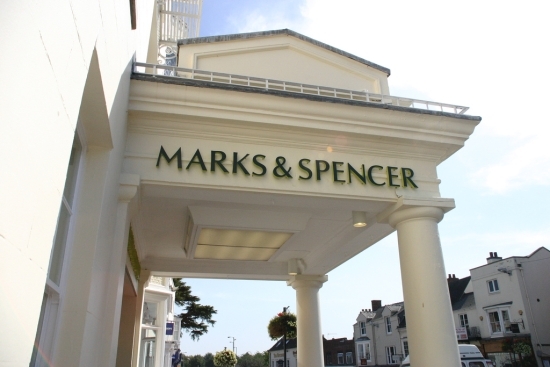Marks and Spencer (M&S) has been hitting the headlines for all the wrong reasons recently, with high profile resignations and consumer dissatisfaction plaguing the once-spotless profile of one of the UK’s most iconic brands.

Now it has emerged that the retailer has had to post its poorest results since the height of the recession in 2009, with some believing the next year could prove crucial in determining the “make or break” future for the company.
In the year to the 30th March, the chain’s strong food sales were somewhat hampered by the performance of its general merchandise. The result of this was a 6 per cent drop in pre-tax profits when compared to the previous year, totalling only £655.2 million against £705.9 million in 2011/2012.
Yet while this may be the second year in a row in which profits dropped significantly reflecting seven consecutive quarters of contraction, total group sales rose by 1.3 per cent to £10 billion. This has largely been attributed to food growth, with a sales climb of 1.7 per cent helping to minimize the damage a 4.1 per cent drop in general merchandise sales could have caused the 129 year old firm.
Marc Bolland, chief executive of M&S since May 2010, has faced increasing pressure to improve sales in the clothing and home ware sectors by the chain’s investors. He believes that the new line, which will hit stores and the M&S website in July, could herald the start of a more positive era for the chain.
He says; “In a challenging market, M&S sales grew by 1.3 per cent; three of the four parts of the business made strong progress.
“We are working hard to get the general merchandise performance back on track. We have already made progress in our operational execution, and our new autumn/winter ranges have received a positive reaction.”
He continued to praise the performance of the food aspect of the business, which he claims “benefited from our continued focus on delivering innovation, and unrivalled quality and provenance.”
Unfortunately, this positive spin on some truly disappointing figures failed to convince the vast majority of industry experts, who largely believe that M&S has reached a pivotal point in its history. Retail Vision consultant John Ibbotson believes that the next year or so will determine whether the chain remains active in the UK retail industry or whether the poor general merchandise sales will drag it into the murky depths of administration.
He says; “For too long now it has been the same old story, namely general merchandise struggling, food just about keeping the retailer afloat.
“However many improvements it makes, it’s all immaterial unless the retailer can discover its panache.
“It’s make or break time at M&S – despite its restructuring, overhaul of IT and logistics and continued strong food sales, it’s all in vain if clothing sales don’t improve by Christmas.”
Do you think a facelift for the clothing line will be enough to save Marks and Spencer, or has the retailer, in the words of Mr Ibbotson, lost its “panache” when it comes to attracting British consumers?